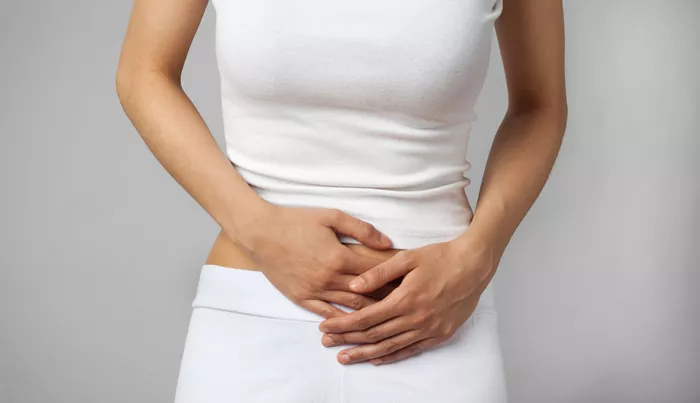Bloating is a common issue that many people experience. It can make your stomach feel full tight or swollen. While bloating is often harmless it can be uncomfortable and sometimes a sign of an underlying health issue. This article explains what causes bloating how to relieve it and when to seek medical help.
What Is Bloating
Understanding Bloating
Bloating happens when your stomach feels full or swollen. It is often caused by gas or fluid in the digestive system. Bloating can also make your stomach look larger than usual.
Common Causes of Bloating
Bloating can be caused by many factors including
- Eating too much or too quickly
- Consuming gas-producing foods like beans or carbonated drinks
- Food intolerances such as lactose or gluten intolerance
- Digestive disorders like irritable bowel syndrome (IBS)
- Hormonal changes especially during menstruation
- Constipation
- Swallowing air while eating or drinking
Symptoms of Bloating
Physical Symptoms
Bloating can cause several physical symptoms including
- A feeling of fullness or tightness in the stomach
- Swelling or distention of the abdomen
- Gas or burping
- Stomach pain or cramps
Emotional Impact
Bloating can also affect your mood and daily life. Some people feel self-conscious or uncomfortable when bloated.
How to Relieve Bloating
Step 1 Adjust Your Diet
What you eat plays a big role in bloating. Here are some dietary tips to reduce bloating
- Avoid gas-producing foods like beans broccoli and carbonated drinks.
- Limit high-sodium foods which can cause water retention.
- Eat smaller meals more frequently instead of large meals.
- Chew your food slowly to reduce air swallowing.
Step 2 Stay Hydrated
Drinking enough water helps your digestive system work properly. Aim for at least 8 glasses of water a day. Avoid sugary drinks and alcohol which can worsen bloating.
Step 3 Exercise Regularly
Physical activity helps move gas through the digestive system. Try these exercises
- Walking for 10-15 minutes after meals
- Yoga poses like child’s pose or cat-cow stretch
- Light cardio like cycling or swimming
Step 4 Try Over-the-Counter Remedies
Some over-the-counter products can help relieve bloating
- Simethicone breaks up gas bubbles in the stomach.
- Probiotics support gut health and reduce bloating.
- Digestive enzymes help break down hard-to-digest foods.
Step 5 Manage Stress
Stress can affect your digestive system and worsen bloating. Try these stress-reduction techniques
- Practice deep breathing or meditation.
- Engage in hobbies like reading or gardening.
- Get enough sleep to help your body recover.
When to See a Doctor
Persistent Bloating
If bloating lasts for more than a week or keeps coming back consult a doctor. Persistent bloating can be a sign of an underlying condition.
Severe Symptoms
Seek medical attention if you experience severe symptoms such as
- Intense stomach pain
- Blood in your stool
- Unexplained weight loss
- Vomiting or diarrhea
Underlying Conditions
Bloating can be a symptom of conditions like
- Irritable bowel syndrome (IBS)
- Celiac disease
- Ovarian cancer
- Liver or kidney disease
Preventing Bloating
Healthy Eating Habits
Preventing bloating starts with how you eat. Follow these tips
- Eat slowly and chew your food thoroughly.
- Avoid talking while eating to reduce air swallowing.
- Limit portion sizes to prevent overeating.
Choose the Right Foods
Some foods are less likely to cause bloating. Include these in your diet
- Lean proteins like chicken fish and tofu
- Low-FODMAP foods like carrots zucchini and rice
- Herbal teas like peppermint or ginger tea
Stay Active
Regular exercise helps keep your digestive system healthy. Aim for at least 30 minutes of moderate activity most days of the week.
Conclusion
Bloating is a common issue that can often be managed with simple lifestyle changes. By adjusting your diet staying hydrated exercising regularly and managing stress you can reduce bloating and improve your digestive health. If bloating persists or is accompanied by severe symptoms consult a healthcare professional to rule out underlying conditions. Taking proactive steps can help you feel more comfortable and confident in your daily life. If you have any concerns about bloating or its impact on your health don’t hesitate to seek medical advice.
Related topics:
Is Bloating A Sign Of The Menopause?
What Do Gallstones Feel Like In A Woman?
Does Estradiol Help Relieve Hot Flashes?


